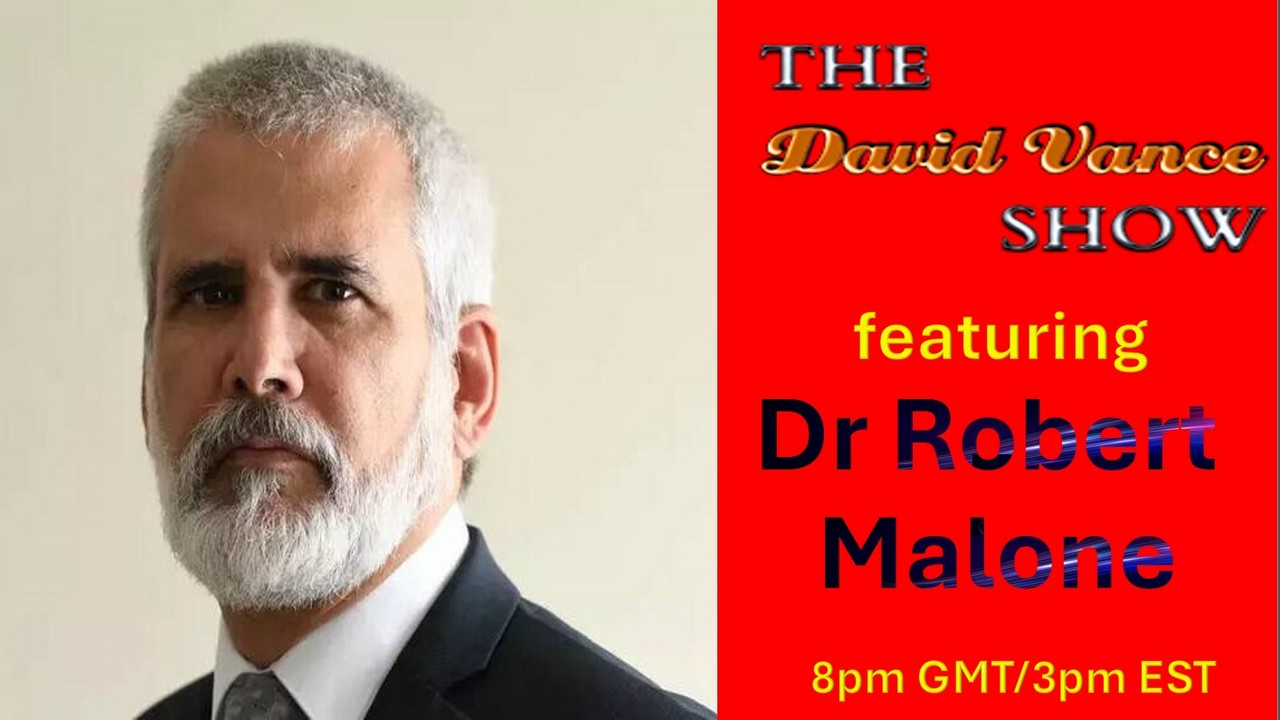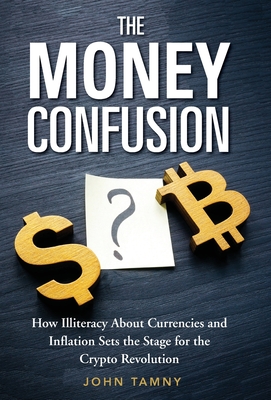For the last two weeks, I’ve had to keep reminding myself that we’re still in November! At the time of writing, there is still more than a month to go before Christmas Day. So far we’ve had festive adverts on the television, Christmas songs played on in-store tannoy systems, shops decorated with tinsel and snow scenes, extortionately-charging Santa grottos springing up all over the place, and increasing numbers of houses decorated like mini versions of the Blackpool Illuminations.
I’m not saying we didn’t have a lot of Christmas fanfare when I was growing up. But the two crucial differences were the length of pre-Christmas preparations, and the prominent inclusion of the actual meaning of the celebrations. It was not uncommon to see Nativity centrepieces on high streets or in shopping malls. There were often news articles centring on the role of churches proclaiming the arrival of the Baby Jesus. Many schools would perform Nativity stage shows in front of adoring and proud parents. I, myself, had my own little starring role in my primary school Nativity story staged at the former Wimbledon Town Hall in the Christmas of 1981. I played one of the shepherds as Miss Meldrum, our music and art teacher, thought it best to give me a non-speaking role as my propensity to speak out of place was well established even back then.
When was the last time you saw anything remotely connected to the religious spirit of Christmas in evidence in today’s Britain? Where are the Nativity displays? Where are the schoolkids who know the story of the occasion – from the Annunciation to the actual birth of Jesus in Bethlehem (“Jesus who? The only Jesus I know was that lifeguard on the beach in Fuengirola last summer.”)? Where is the Christian symbolism on cards, street decorations or the television? It’s gone! Vanished! To be replaced by nothing other than an ever-expanding season of unalloyed commercialism and greed.
There’s nothing wrong with the giving of presents at Christmas. It’s part of the magic of the event, especially for children. Christmas is supposed, after all, to be a time of giving – whether that be through gifts, one’s time or an act of kindness. However, when the commercial importance of Christmas supersedes any other reason for this celebration, it does tend to tell me that we’ve severely lost our way as a Christian society. Who can honestly say, hand on heart, that Christmas in the UK today is anything other than a ploy by greedy corporations to take consumers’ money? Put that greed in synch with societal institutions dominated by malignant progressives who are anxious to prevent other religious minorities taking offence at the season, and you have the ultimate in Yuletide dystopia.
Something is very wrong with our society if most people’s first thoughts on a day of religious significance revolve around anything BUT the religion itself. As for ‘Black Friday’, how obscene is that!? Who is so emotionally shallow as to be besotted with the ownership of luxury conveniences to the extent that they’re prepared to queue through the early hours in the freezing cold, then stampede around a store like a demented bull grabbing at products that have no essential need for? As a child and teenager, I used to look forward to a Christmas period that was, perhaps, three weeks long at most. Now, I dread the seven to-eight-week orgy of commercialism, hype and anti-climax more than any other time of the year.
‘The definition of insanity is doing the same thing over and over again and expecting different results’, is a quote often falsely attributed to Einstein. Whoever coined the phrase could well have been referring to the masses’ material indulgence of Christmas at the expense of their own financial security every single year. How often do we hear about people at the end of January wailing and moaning in despair about credit card debts they say will take most of the year to pay off? Really!!? So when you were spending money you, effectively, hadn’t got on boxes of unnecessary/tasteless/useless (delete as appropriate) tat for your army of ungrateful kids or grandkids, it didn’t actually occur to you that there would come a time when dues needed paying? Come on!
It’s not that I hate Christmas per se. I hate what it’s become. I hate the atmosphere being electrically-charged by the anxiety of people rooting around trying to find the most expensive or the most à la mode gifts for their nearest and dearest. I hate exhibitionistic families pimping out their homes to be tacky winter wonderlands adorned with fibreglass snowmen, plastic fir trees, and lights so numerous and bright they’d likely put the nearby power station out of action (https://www.youtube.com/watch?v=oHVG2UrWNh0). I hate the massing crowds at every supermarket and every department store in the land. I hate the warped perceptions of Christmas that the majority of people in Britain (and probably across much of the West) now hold: Perceptions that no longer have any time whatsoever for the spiritual meaning of Christmas, and are now wholly concerned with how much money can be spent and now much food can be eaten. Christmas is no longer about the birth of Christ, it’s about how successful large corporations are each December in the hold they have over their consumer base. So, the answer as to why so many flail around in financial despair ever New Year is this: Once you’ve clandestinely manipulated people once, it sets the precedent for you to do it again, and again, and again.
On average in the UK, we go through 227,000 miles of wrapping paper every Christmas. That’s enough to stretch halfway to the Moon! It puts into perspective just how a season that was formerly a pleasant mix of religious observance and gift-giving has, over the last thirty years or so, morphed into an exemplar of human greed and corporate unscrupulousness. And that’s about as far away from the teachings of Jesus Christ as it’s possible to get!

































